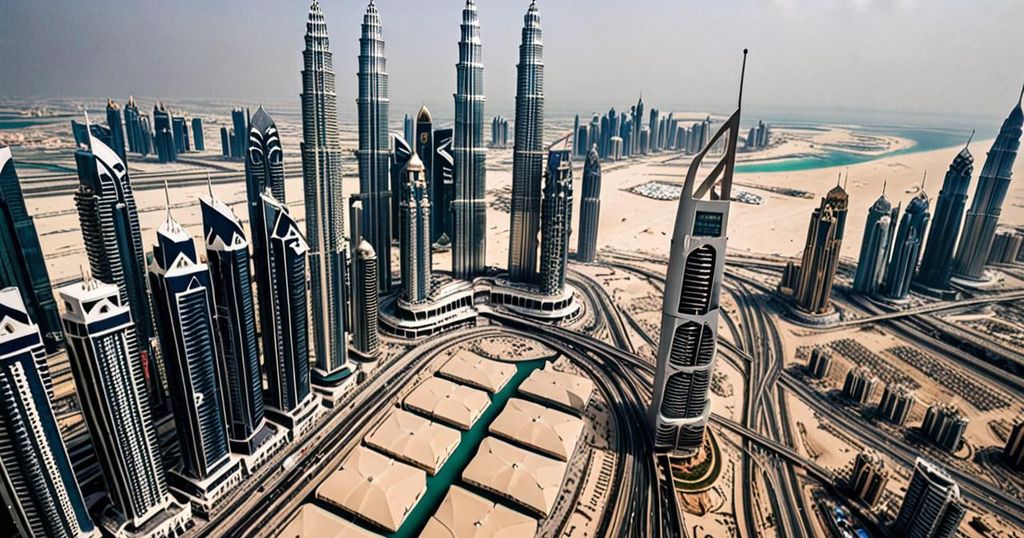The political climate in Malaysia has recently been shaken by the alleged ‘Dubai Move’, causing a stir among political enthusiasts and the general public. This covert operation was purportedly organized to withdraw support for Prime Minister Anwar Ibrahim, yet its credibility remains shrouded in mystery.
Despite the lack of concrete evidence, the Malaysian public has been left to ponder the potential implications of such a move amidst a political climate that is already rife with tension and stratagem. The possibility of such an attempt, whether real or not, underscores the intense politicking at play and serves as a testament to the unending power struggle within the government.
Anwar Ibrahim’s government, which came to power after the 2022 election, was initially perceived as a beacon of hope for a more harmonious and stable political environment. However, recent events, including the alleged ‘Dubai Move’, have cast a shadow on the prospects of achieving such peaceful coexistence between political factions.
The current parliamentary arithmetic reveals the unlikelihood of a successful ousting of the government, as the numbers are in favor of the ruling party. With the backing of more than two-thirds of parliamentarians, the Prime Minister’s position seems secure. Despite the disgruntlement and reservations of some MPs, the support Anwar Ibrahim commands remains significant, a clear indication of his prevailing influence.
Moreover, the opposition’s willingness to indulge in speculation regarding plots to destabilize the government further perpetuates the prevalent atmosphere of unease and distrust. The unremitting efforts to undermine the current administration, even when the odds are stacked against them, speak volumes about the prevailing climate of perpetual jeopardy and political maneuvering.
On the other hand, the government’s involvement in propagating the ‘Dubai Move’ narrative through its communications arm is a strategic attempt to shape public opinion and garner support by projecting a sense of being besieged. The dichotomy of portraying an image of political stability to attract foreign investments while also leveraging the narrative of being under threat is emblematic of the complexities and paradoxes at play.
The unfolding of events following the 2022 election has shattered the hopes of a more conciliatory and collaborative political culture in Malaysia. The unresolved power struggles and clandestine machinations have only served to underscore the pressing imperative of navigating the precarious balance of political power and personal liberty.
As Malaysia continues to grapple with the ramifications of the alleged ‘Dubai Move’, it is imperative to acknowledge that the country’s political landscape remains fraught with uncertainty and turbulence. The desire for stability and cooperation among political adversaries seems to be a distant reality, as the relentless pursuit of power and the perpetuation of political intrigue take center stage.
In conclusion, the ‘Dubai Move’ may have faded into obscurity, yet its reverberations continue to echo in the corridors of power, underscoring the relentless politicking that has come to define Malaysia’s political landscape.
The insights provided by Shahril Hamdan, the former Information Chief and Deputy Youth Chief of Umno, offer valuable perspectives on Malaysia’s political climate and the ongoing power dynamics within the government.

Leave a Reply